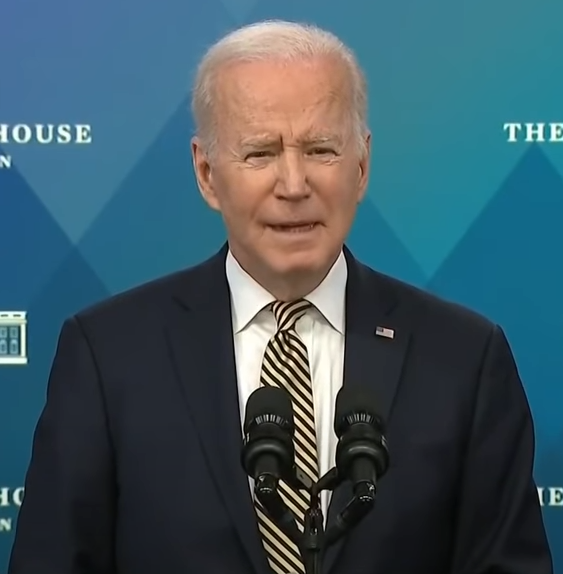Education secretary Cardona praises Biden’s left-wing budget

Biden’s Education Secretary Miguel Cardona recently praised the Biden administration’s budget proposal, which will go before Congress for consideration. Although Biden’s budget will not likely pass with a Republican-majority House of Representatives, budget proposals are a formality and part of the federal budgeting process.
The political reality facing the Biden administration did not deter Cardona from issuing a press release lauding the administration’s education-specific proposals.
In the press release, Cardona said that he is proud to be a part of the Biden-Harris administration’s push for “bold investments to ensure all students have equitable access to schools that welcome and support them, inspire their love of learning, and prepare them to succeed in whichever career they choose.” Cardona listed the number of budget proposals for his federal agency, including the “supercharging state and local efforts to make free community college a reality nationwide.” He claimed that these investments “will promote greater prosperity and economic growth for decades to come,” despite the reality that the Biden administration is mired in an economic quandary with persistently-high inflation rates.
The press release listed proposals that would, in total, cost billions of taxpayer dollars, such as the following:
- $20.5 billion for low-income schools to help “students’ academic recovery from the impacts of the pandemic”
- $3 billion for educating the next generation of teachers
- $178 million for the controversial Office for Civil Rights
- $1.2 billion for English learners (i.e. to accommodate illegal immigrants due to the Biden administration’s lack of border enforcement)
- $500 million to expand Biden’s pledge of free community college
The Biden budget claimed that it will be paid for “by asking the wealthy and big corporations to pay their fair share” and the proposal would allegedly reduce the national deficit “by nearly $3 trillion.”
But Biden’s budget proposal is not without criticism.
For starters, the Office for Civil Rights in the Department of Education consistently circumvented due process protections on college campuses under the Obama administration. The office encouraged colleges and universities to set up a kangaroo court-like system, where the accused were not afforded due process protections under the Constitution. Adding more to their budget could spur similarly-problematic policies under the Biden administration.
Also, the Tax Foundation noted that it would inhibit economic growth and opportunity. The foundation’s report said the Biden budget would create “$4.7 trillion in new taxes targeted at businesses and high-income individuals. The major changes include higher marginal tax rates on corporate, individual, and capital gains income; a complicated new minimum tax on high-net-worth individuals; and increases to Medicare taxes.”
The report added, “The negative effects of higher tax rates on saving, investment, and entrepreneurship would have economy-wide repercussions, ultimately harming workers, international competitiveness, and domestic investment.”
Every time a president proposes a budget for congressional consideration, one can see their political priorities. For the Biden administration, it is taxing the wealthy in the name of fairness, without the understanding that free-market economics spurs economic growth and opportunity, which President Donald Trump demonstrated during his brief tenure.




